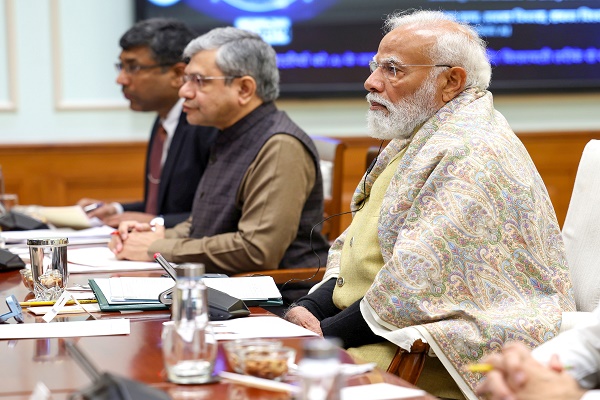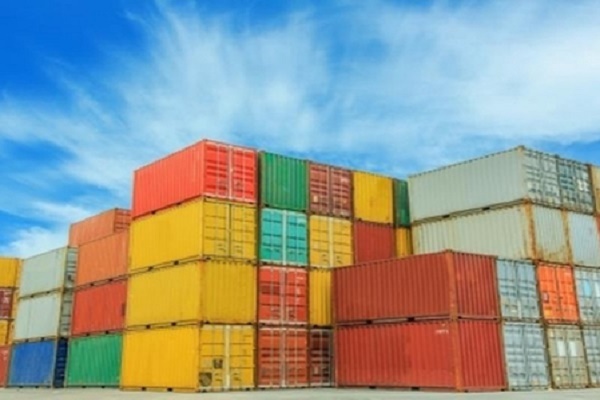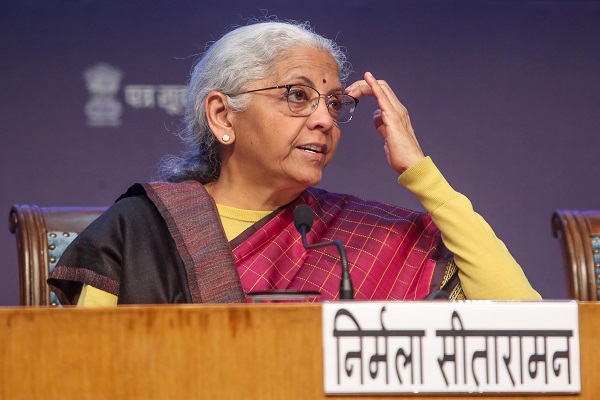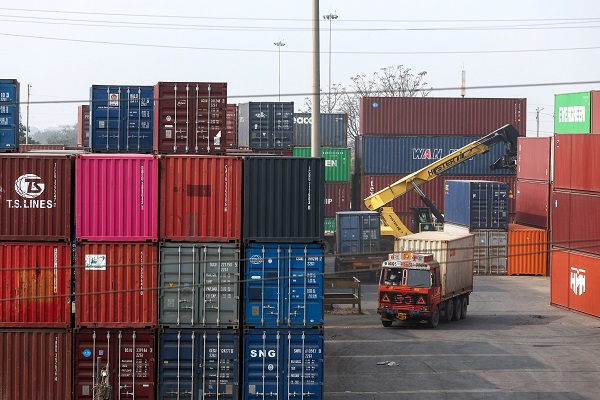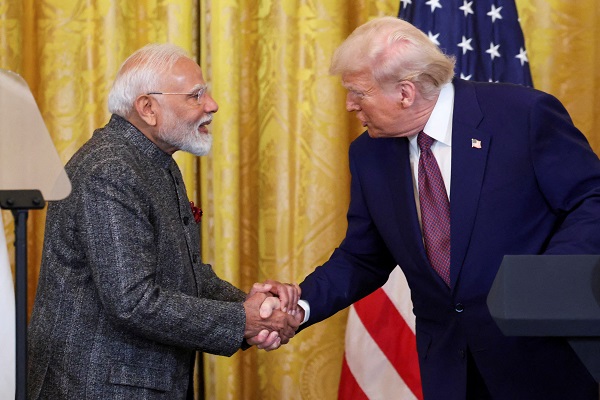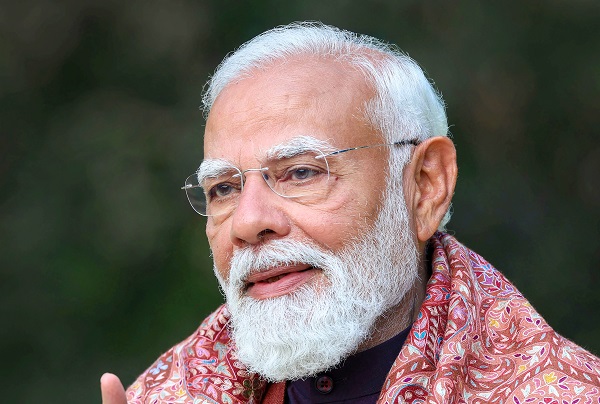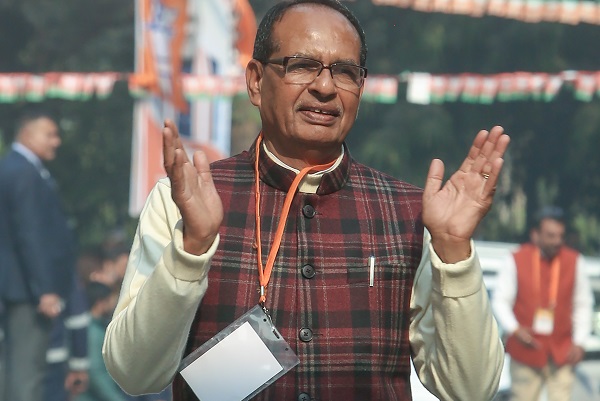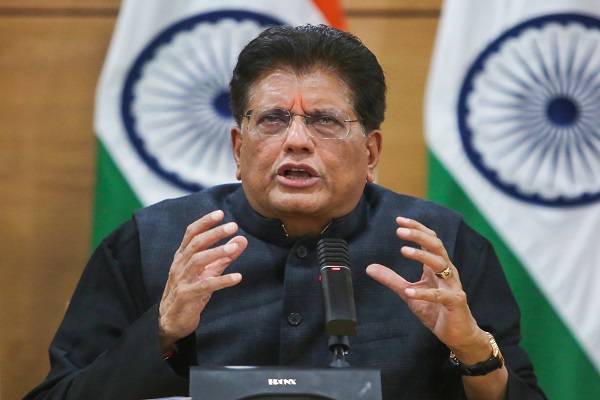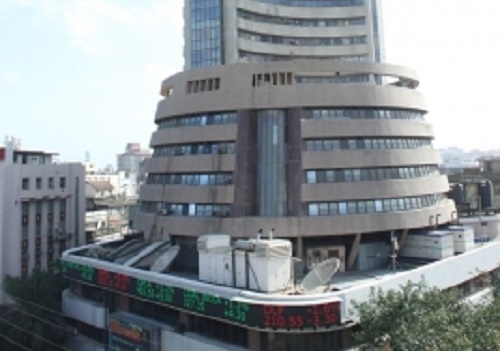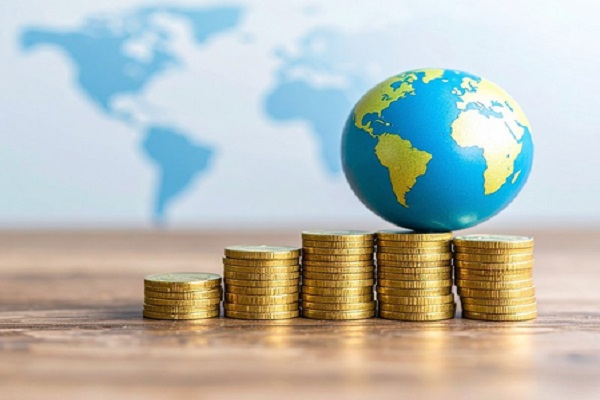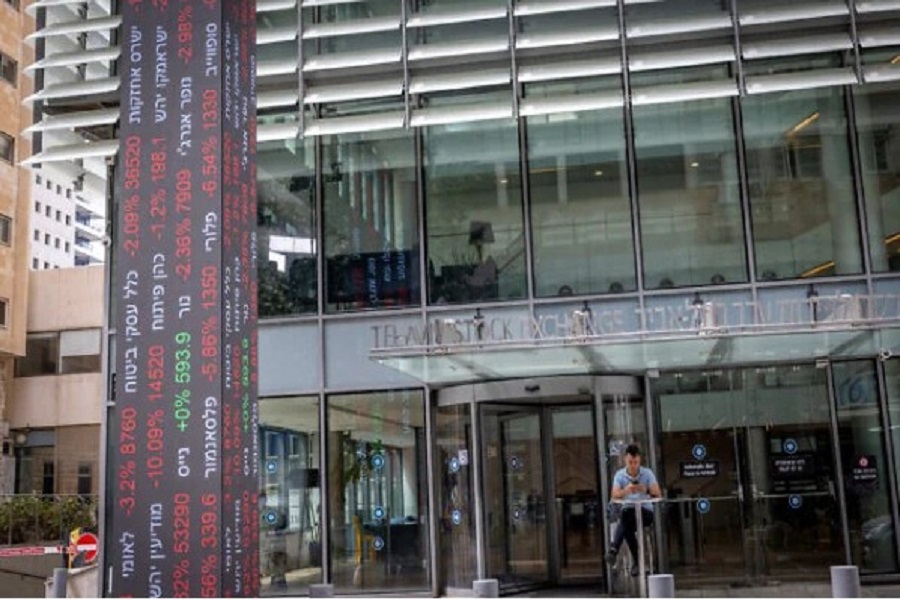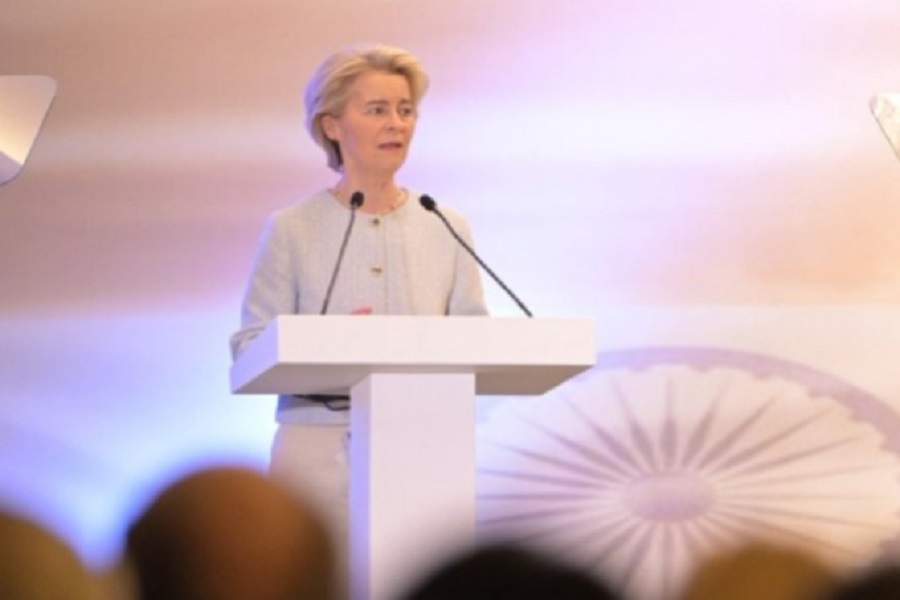RCEP takes effect for Indonesia, new trade regulations in place
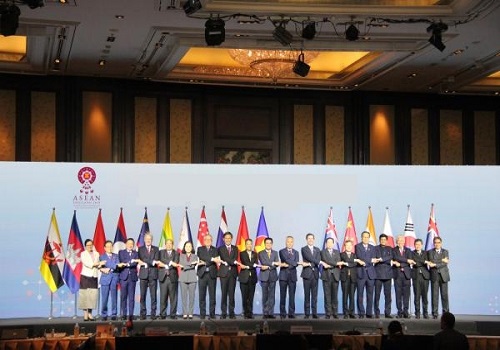
The Regional Comprehensive Economic Partnership (RCEP) agreement has come into effect for Indonesia, with the country putting new regulations in place for its trade with other members of the world's largest free trade deal in terms of population and the size of economy and trade.
So far, the free trade pact has taken effect for 14 of the 15 members of the RCEP, which comprises 10 member states of the Association of Southeast Asian Nations (ASEAN) and their five trading partners, namely China, Japan, South Korea, Australia, and New Zealand, reports Xinhua news agency.
The RCEP entered into force on January 1, 2022.
ASEAN groups Brunei, Cambodia, Indonesia, Laos, Malaysia, Myanmar, the Philippines, Singapore, Thailand and Vietnam.
Indonesia's new regulations on origin of goods and issuing documents of origin for goods exported from it have been in place starting from Monday, as part of implementing the RCEP agreement.
Trade Minister Zulkifli Hasan said that the new regulations specify the procedure of obtaining certificates of origin for goods exported from the Southeast Asian country.
The business sectors in Indonesia can also choose between the two types of document, a certificate of origin and a declaration of origin to claim "preferential rates." Both documents can be issued independently.
"This new rule is in line with a trade commitment facilitated by the RCEP," Hasan said. "Business sectors will be benefited by this measure as the RCEP scheme will make the flow of exported goods in the region become smoother."
Over the past year, the free trade agreement has helped lower the cost of trade, facilitated the integration of industrial chains, and benefited consumers in the region.
"The agreement is also expected to boost competitiveness and global production networks, promote regional supply chains by increasing export market access for goods and services, reduce or remove trade barriers, and increase technology transfer in the region," Hasan said.

